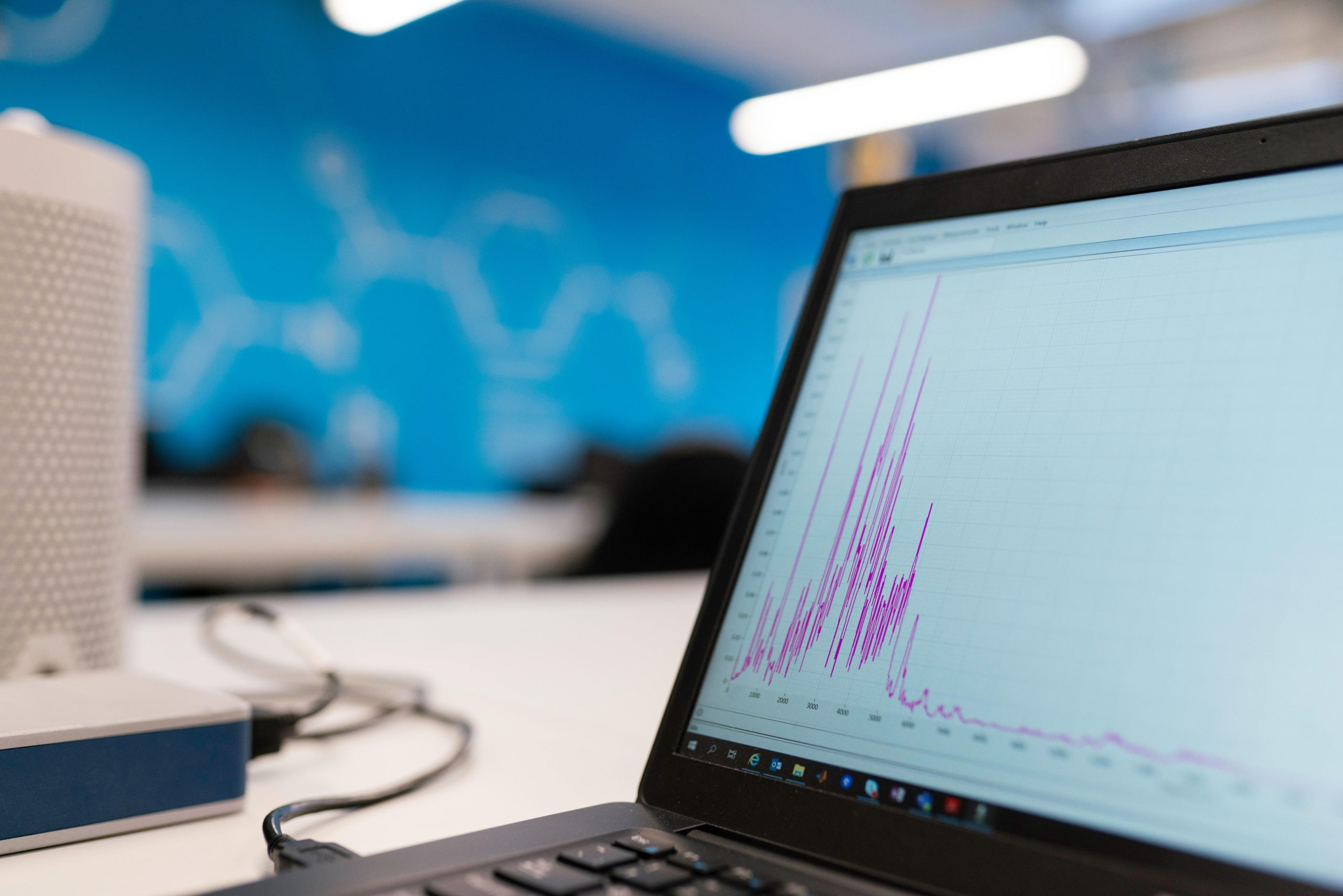Quantum Computing: Transforming Legal Research and Evidence Analysis
Legal research and evidence analysis have long been essential components of the legal field. Lawyers and legal professionals spend countless hours conducting research and analyzing evidence to support their cases. However, traditional methods of legal research and evidence analysis are time-consuming and can be prone to human error. This is where quantum computing comes in. With its ability to process vast amounts of data at a lightning-fast speed, quantum computing is transforming the way legal research and evidence analysis are conducted, making the legal process more efficient and accurate than ever before.
The Basics of Quantum Computing
Before we dive into how quantum computing is revolutionizing the legal field, let’s first understand the basics of this technology. In simple terms, quantum computing is a type of computing that uses quantum-mechanical phenomena, such as superposition and entanglement, to perform operations on data. This allows quantum computers to process and analyze information exponentially faster than traditional computers.
Unlike traditional computing, where data is represented in bits as either 0 or 1, quantum computing uses qubits (quantum bits) that can represent both 0 and 1 at the same time. This enables quantum computers to handle complex calculations and analyze massive data sets with ease, making them ideal for applications that require a high level of computational power.
The Impact of Quantum Computing on Legal Research
Speed and Efficiency
Legal research involves sifting through a vast amount of information, including court decisions, statutes, regulations, and other legal documents. This process can be time-consuming and tedious, often taking up a significant portion of a lawyer’s time. With quantum computing, this task can be completed in a matter of minutes. Quantum computers can process and analyze data at lightning-fast speeds, significantly reducing the time and effort required for legal research.
In addition, quantum computing algorithms can identify patterns and connections in large data sets, making it easier for lawyers to find relevant information. This level of efficiency not only saves time but also allows legal professionals to focus on other critical aspects of their cases.
Predictive Analytics
Another way quantum computing is changing legal research is through its predictive analytics capabilities. By analyzing vast amounts of data, quantum computers can predict future outcomes and identify patterns that may have otherwise gone unnoticed. This can be especially useful in areas such as case outcome prediction, jury selection, and risk analysis.
With the help of quantum computing, legal professionals can make more informed decisions and develop stronger case strategies based on data-driven insights. This can potentially lead to better outcomes and save both time and resources for both clients and law firms.
Transforming Evidence Analysis with Quantum Computing
Data Management and Organization
Evidence analysis is a critical component of any legal case. However, with the ever-increasing amount of digital evidence, managing and organizing this data can be a daunting task. Quantum computing can streamline this process by quickly analyzing and categorizing large amounts of data, making it easier for lawyers to organize and present it in court. This level of organization and efficiency not only saves time but also minimizes the risk of human error in evidence analysis.
Accuracy and Reliability
When it comes to evidence analysis, accuracy and reliability are crucial. Any errors or discrepancies in evidence analysis can significantly impact the outcome of a case. With quantum computing, lawyers can rest assured that the data analyzed is accurate and reliable. Quantum computers have the ability to detect and correct errors, ensuring that only reliable evidence is presented in court.
The Future of Legal Research and Evidence Analysis
As quantum computing continues to advance and become more accessible, it is poised to revolutionize the legal field. With its speed, efficiency, and accuracy, quantum computing has the potential to transform legal research and evidence analysis, making the legal process more efficient and effective.
However, there are still challenges to overcome before we see widespread adoption of quantum computing in the legal field. One of the main obstacles is the cost and complexity of building and operating a quantum computer. Additionally, there may be concerns surrounding data privacy and security, especially when dealing with sensitive legal information.
Conclusion
In conclusion, quantum computing is a game-changer for the legal field. Its ability to process vast amounts of data at lightning-fast speeds and provide accurate and reliable results has the potential to transform legal research and evidence analysis. As this technology continues to advance, we can expect to see significant changes in the way legal professionals conduct their work. It is an exciting time to be in the legal field, and quantum computing is paving the way for a more efficient and accurate legal process.











